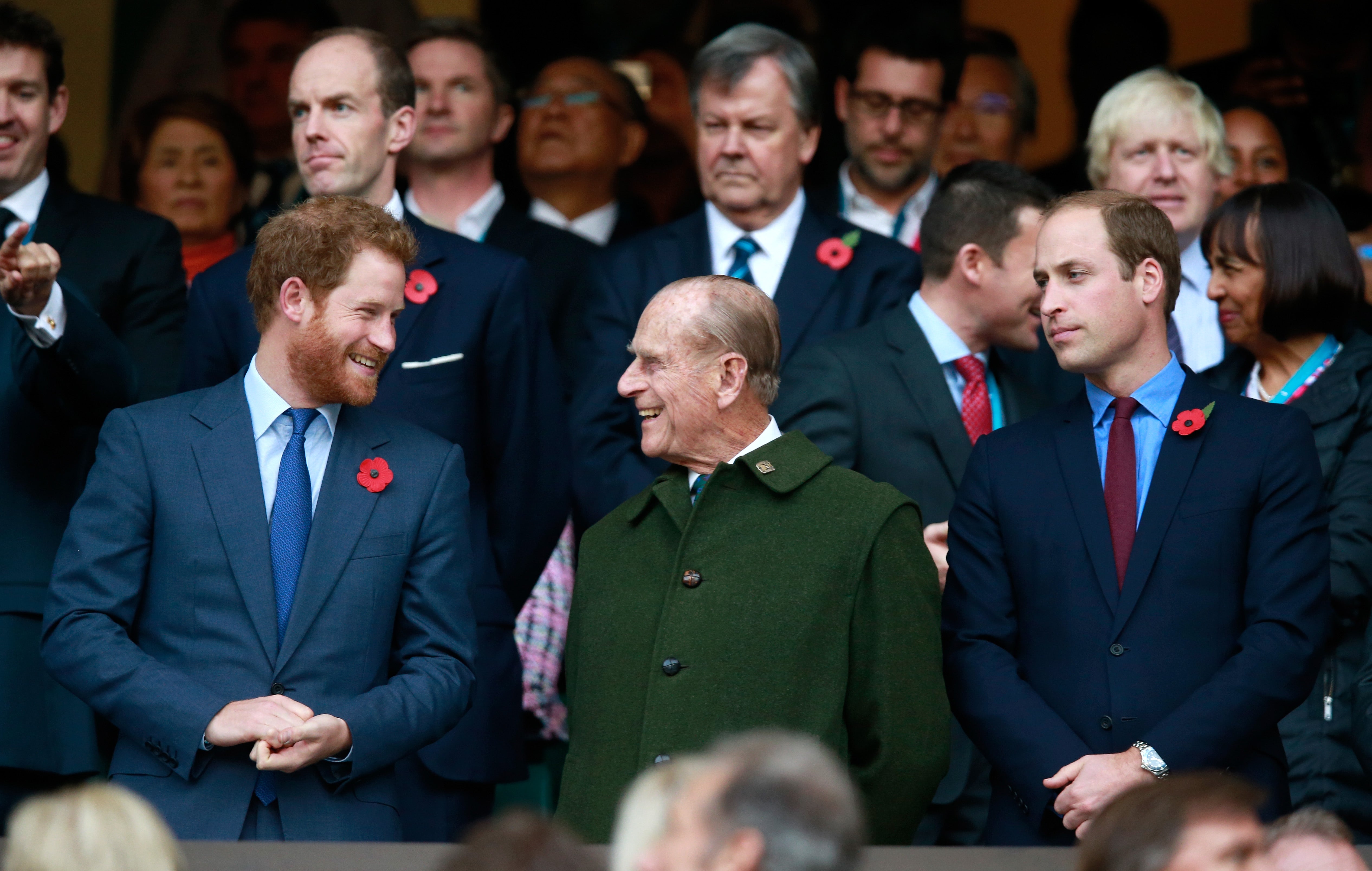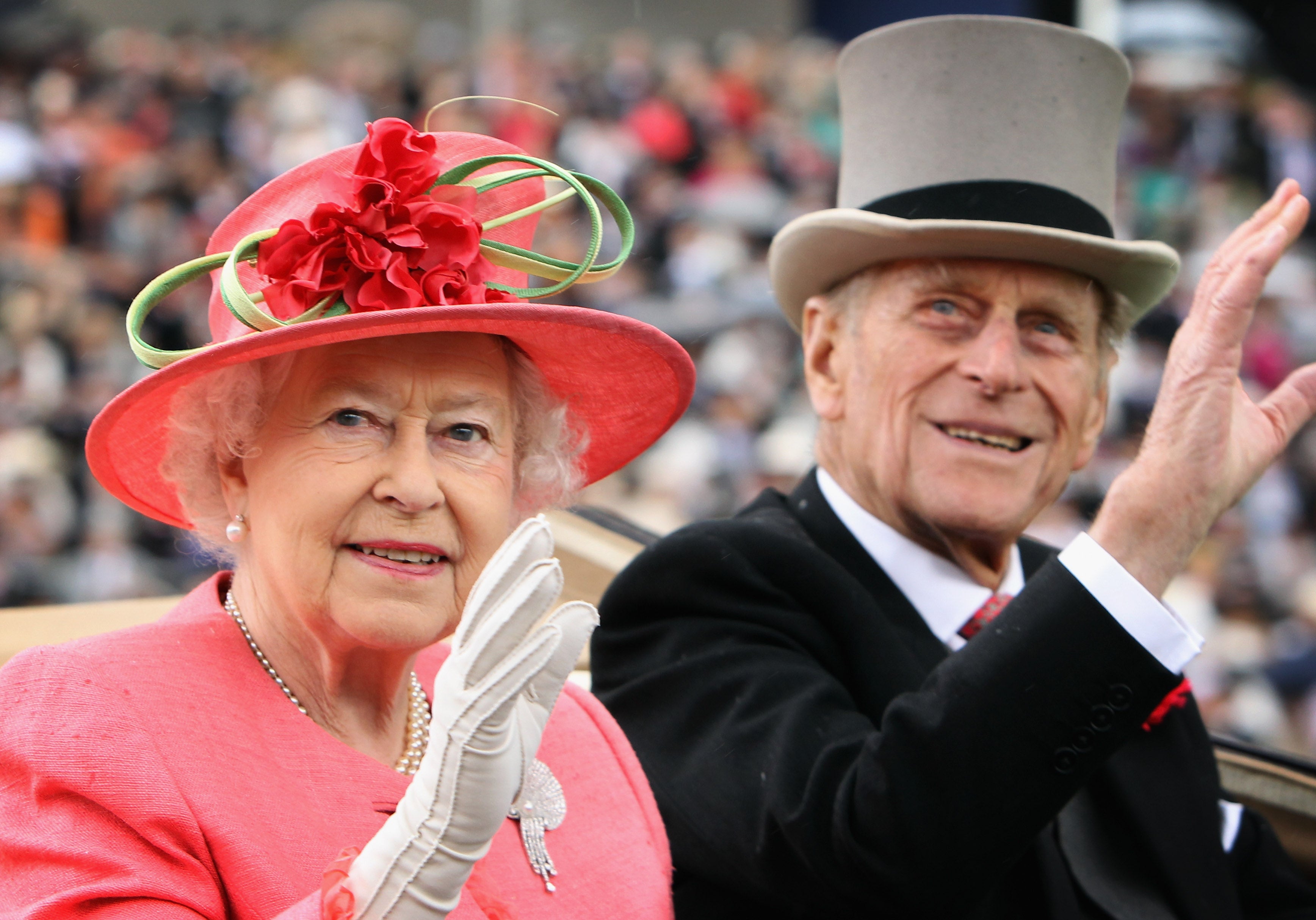United in grief, the royal family – and the nation – can heal the fractures of the past year
After 12 months in which so many families have been bereaved, the death of the oldest and in some ways the most approachable and least divisive royal (bar the Queen) could have a positive effect

Your support helps us to tell the story
From reproductive rights to climate change to Big Tech, The Independent is on the ground when the story is developing. Whether it's investigating the financials of Elon Musk's pro-Trump PAC or producing our latest documentary, 'The A Word', which shines a light on the American women fighting for reproductive rights, we know how important it is to parse out the facts from the messaging.
At such a critical moment in US history, we need reporters on the ground. Your donation allows us to keep sending journalists to speak to both sides of the story.
The Independent is trusted by Americans across the entire political spectrum. And unlike many other quality news outlets, we choose not to lock Americans out of our reporting and analysis with paywalls. We believe quality journalism should be available to everyone, paid for by those who can afford it.
Your support makes all the difference.Anyone who has had any brush with a royal occasion – my limited experience stems from a visit the Queen made to an Oxford investiture when I was a graduate student and reporting on several state visits by foreign leaders – will probably have been impressed by two things: the unobtrusive organisation that minimises the risk of mistakes and, above all, the split-second timing.
Many will regret that Prince Philip was not able to see his 100th birthday and from a purely human perspective, after 73 years of marriage the Queen’s desolation can barely be imagined. In every other respect, the timing of an announcement that the family and the country had surely believed for a while was inevitable, could hardly have been bettered.
There was some discreet trepidation in many quarters that illness might have claimed the Queen’s consort in the days after he was taken to hospital – which coincided with the much-promoted interview of the Duke and Duchess of Sussex with Oprah Winfrey. The timing of the broadcast – on the US side of the Atlantic, at least – was out of the control of the Palace. The additional ill-feeling that would have been generated had Prince Philip’s death coincided with the promotion of the screening and the furore that followed in the UK was mercifully avoided.
And while Prince Harry will surely be expected, and would want, to attend the funeral, Meghan’s pregnancy – it has not been revealed when her baby is due but late May or June seems likely – could well mean that she would be advised not to travel, thus relieving the royal family and the country of a reprise of the Harry and Meghan drama.

Funeral arrangements will surely have been planned long ago, and revised – maybe several times in the light of England’s pandemic regulations. But again, the timing could have been a great deal worse. Pandemic regulations will still be in force for a while but the most draconian of the restrictions are about to be lifted, which will make funeral arrangements, perhaps, simpler.
The Prince, for his part, is said to have asked for a standard – as opposed to a state – funeral, which will limit the ceremonial and the scale. The fact that he died at Windsor Castle and is expected to be buried there means that there need be no big London ceremony, with all the security and crowd control that would entail.
The timing could also have been a lot worse for the country at large. The effect on national morale, had the prince died at either of the peaks in the pandemic – this time last year or around Christmas – could have been devastating. The mood was bleak enough as it was. Now, there is a palpable sense of hope; there are positives to set against the negatives.
His death as the pandemic – it must be hoped – is in retreat may also produce one of those times when palace and people become closer. The most recent such moment was perhaps the Queen’s reference to Vera Lynn and “We will meet again”, in her first pandemic address.
Coming at the end of 12 months in which so many families have been bereaved, the death of the oldest and in some ways the most approachable and least divisive royal (bar the Queen) could have a unifying effect – which could be seen, especially by the palace, as particularly necessary now. There is a sense in which his departure just now seems, yes, sad, but somehow fitting.

In the small picture, the timing is also helpful – infuriatingly so, some will believe – for the prime minister. Already enjoying an upturn in his popularity and fortunes, thanks to the success of the vaccination campaign, he is still threatened by a slew of risks nonetheless: a whiff of sleaze from the Downing Street renovation and the backwash of David Cameron’s lobbying of the chancellor and others, the slight question that hangs over the Oxford vaccine and the Brexit-related violence in Northern Ireland. All these inconveniences have been knocked out of the headlines and given Boris Johnson another chance to build on the new prime ministerial gravitas he has affected since the new year. Just in time for the local – and the crucial Scottish Assembly – elections in three week’s time.
But there is also a bigger picture. The death of Prince Philip just weeks short of his 100th birthday leaves the Queen very much alone, even more so than she has appeared in recent months, and shifts the spotlight still more sharply on to the next generations. Prince Charles and Prince William were already taking on more of the Queen’s duties but the country as a whole will now be even more aware that the days of the Elizabethan era are numbered and the generational transfer is at hand.
With the pandemic uniting so many in grief, however, and the Queen playing such a successful rallying role, any questions that might have been raised about the future of the monarchy at such a juncture will be left for another time.

Join our commenting forum
Join thought-provoking conversations, follow other Independent readers and see their replies
Comments